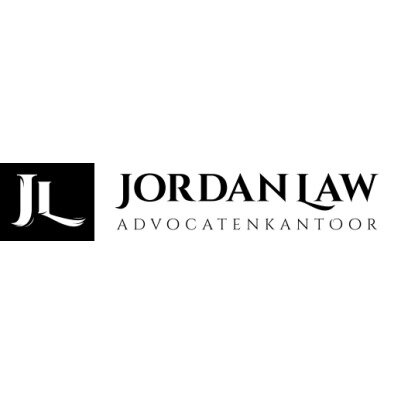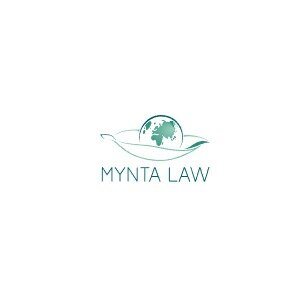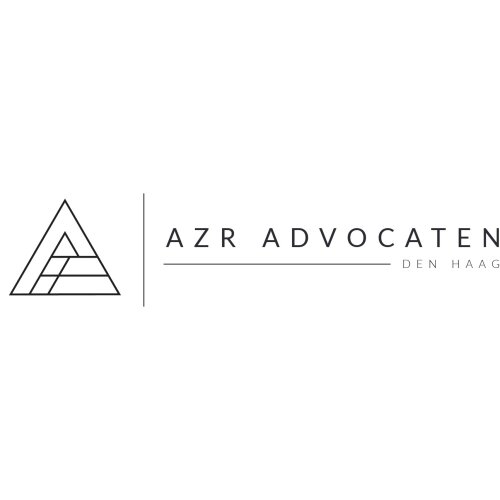Best Citizenship Lawyers in The Hague
Share your needs with us, get contacted by law firms.
Free. Takes 2 min.
List of the best lawyers in The Hague, Netherlands
About Citizenship Law in The Hague, Netherlands
Citizenship in The Hague, Netherlands is governed by the Dutch nationality law. It determines who is considered a Dutch citizen and outlines the rights and obligations associated with citizenship. The law covers aspects such as acquisition, loss, and retention of Dutch nationality, as well as requirements for naturalization.
Why You May Need a Lawyer
While it is possible to navigate the citizenship process without legal assistance, there are situations where seeking the advice of a lawyer specializing in citizenship law can be beneficial, such as:
- Complex Cases: If your situation is complicated or involves unique circumstances, a lawyer can guide you through the process and provide advice tailored to your specific case.
- Disputes or Denials: If your citizenship application has been denied, or if you are facing disputes regarding your citizenship status, a lawyer can help you understand the reasons behind the decision or assist in resolving the dispute.
- Dual Citizenship: If you are considering obtaining dual citizenship, a lawyer can explain the regulations and restrictions involved, ensuring you comply with all applicable laws.
Local Laws Overview
The Dutch nationality law is the primary legal framework for citizenship in The Hague, Netherlands. It includes provisions for different methods of acquiring citizenship, such as by birth, descent, or naturalization. Some key aspects of the law include:
- Birthright Citizenship: A child born to at least one Dutch citizen parent is automatically granted Dutch citizenship at birth.
- Descent: Dutch citizenship can be acquired if one or both parents are Dutch citizens at the time of the child's birth.
- Naturalization: Foreign nationals can apply for Dutch citizenship through a process of naturalization. This process has specific requirements, including residency duration, language proficiency, and integration exams.
Frequently Asked Questions
1. Can I hold dual citizenship in The Hague, Netherlands?
Yes, the Dutch government generally allows its citizens to hold dual citizenship. However, certain exceptions and restrictions may apply based on your country of origin. It is advisable to consult a lawyer to determine your eligibility for dual citizenship.
2. How long does it take to become a Dutch citizen through naturalization?
The naturalization process typically takes around one to three years from the initial application to receiving citizenship. However, the exact duration can vary based on individual circumstances and the workload of the immigration authorities.
3. Can I pass on Dutch citizenship to my children?
If you are a Dutch citizen, your children will generally acquire Dutch citizenship at birth, regardless of their place of birth. However, specific rules and requirements apply if the child is born outside the Netherlands and only one parent is a Dutch citizen. Consulting a lawyer can provide you with the necessary guidance.
4. Can I lose my Dutch citizenship?
Under certain circumstances, Dutch citizenship can be revoked or lost. For example, if you voluntarily acquire another nationality without obtaining permission to retain Dutch citizenship, you may lose your Dutch citizenship. It is crucial to understand the regulations regarding retention and potential loss of citizenship.
5. What are the language requirements for naturalization?
As part of the naturalization process, applicants are required to demonstrate basic proficiency in the Dutch language. This is typically evaluated through a language examination. Some exceptions apply, such as for individuals who have completed higher education in Dutch or possess recognized language diplomas.
Additional Resources
If you need further information or assistance with citizenship matters in The Hague, Netherlands, consider contacting the following resources:
- The Hague International Centre: Provides information and services for expats, including support on residence permits, citizenship, and integration.
- The Dutch Immigration and Naturalization Service (IND): Offers official information and assistance on citizenship procedures and requirements.
- A local law firm specializing in immigration and citizenship law: Engaging a lawyer with expertise in citizenship matters can provide valuable legal advice and guidance tailored to your individual needs.
Next Steps
If you require legal assistance with citizenship matters in The Hague, Netherlands, follow these steps:
- Gather all relevant documents and information about your situation.
- Research and make a list of specialized law firms or lawyers in The Hague who have expertise in citizenship law.
- Contact your selected lawyer(s) to schedule a consultation or discuss your case.
- During the consultation, provide detailed information about your situation and ask any questions you may have.
- Based on the consultation, assess whether you feel comfortable working with the lawyer and ask about their fees and terms of engagement.
- If necessary, proceed with engaging the chosen lawyer and follow their guidance throughout the process.
Lawzana helps you find the best lawyers and law firms in The Hague through a curated and pre-screened list of qualified legal professionals. Our platform offers rankings and detailed profiles of attorneys and law firms, allowing you to compare based on practice areas, including Citizenship, experience, and client feedback.
Each profile includes a description of the firm's areas of practice, client reviews, team members and partners, year of establishment, spoken languages, office locations, contact information, social media presence, and any published articles or resources. Most firms on our platform speak English and are experienced in both local and international legal matters.
Get a quote from top-rated law firms in The Hague, Netherlands — quickly, securely, and without unnecessary hassle.
Disclaimer:
The information provided on this page is for general informational purposes only and does not constitute legal advice. While we strive to ensure the accuracy and relevance of the content, legal information may change over time, and interpretations of the law can vary. You should always consult with a qualified legal professional for advice specific to your situation.
We disclaim all liability for actions taken or not taken based on the content of this page. If you believe any information is incorrect or outdated, please contact us, and we will review and update it where appropriate.















